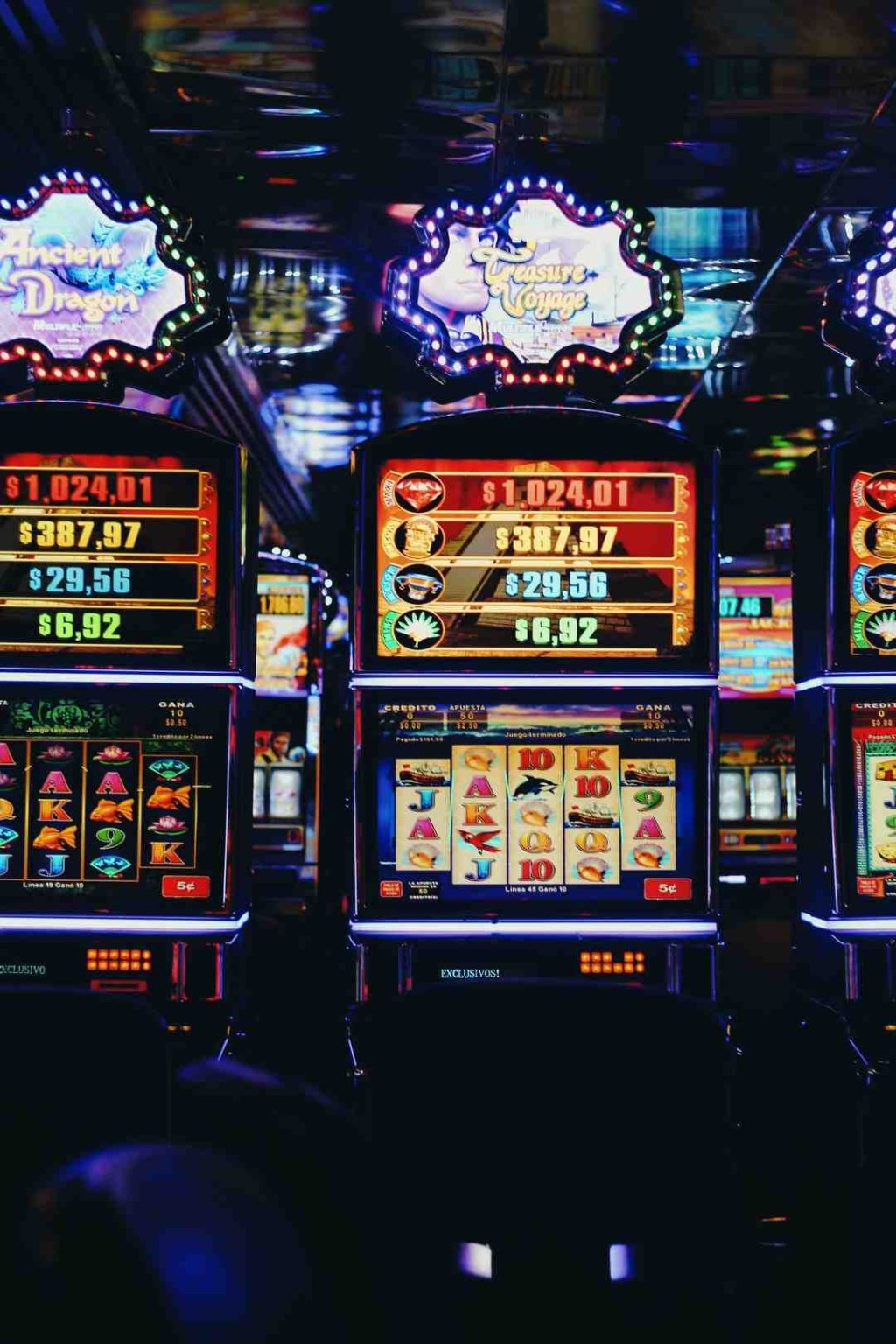
Gambling games have enthralled players for decades, pulling them into a realm of adventure, fortune, and wealth. From the flashing lights of slot machines to the tactical intensity of poker games, these games offer a unique combination of amusement and exposure. However, below the shiny exterior of this glamour and style lies a sophisticated interplay of math that determines every result and decision made within the gaming hall.
Comprehending this connection between casino games and numerical principles not just improves the gambling experience but also can help participants make wise choices. Whether you are a casual player or a avid enthusiast, recognizing the math concepts at play can provide insightful understandings into likelihood, probabilities, and strategies, ultimately shaping how one approaches these games of chance.
Arithmetic Likelihood in Betting
In the sphere of gambling games, statistical likelihood plays a crucial role in assessing results and guiding player choices. Every activity has a specific set of rules and a specific probability framework that shapes its mechanics. For instance, in games like roulette, players must understand the odds of hitting a specific digit or shade. The probability of specific occurrences happening can be calculated, and this understanding can significantly influence wagering strategies.
Gambers also need to be cognizant of the house edge, which is the statistical benefit that gambling establishments hold over gamblers in the long run. This advantage differs across different activities. In blackjack, skilled players can use strategies to lower the casino edge to as low as 1 percent, while in activities like slot machines, the house edge can be much higher. Comprehending the casino edge allows players to make educated decisions about which games to participate in and the amount to wager.
Additionally, likelihood is fundamental in the concept of danger versus reward in gambling. Each bet carries a particular danger factor, and gamblers must consider the possible return against that danger. Games like the poker game require gamblers to not only calculate the odds of their personal showing winning but also to assess the likelihoods of their rivals’ showings. By utilizing statistical principles to their strategy, gamblers can improve their chances of winning and engage more strategically in the exciting world of casino games.
Expected Worth in Gambling Games
When talking about gambling games, one of the basic ideas rooted in math is the expected value. This numerical metric assists gamblers understand the potential results of their bets over time. In simple terms, expected value (EV) calculates the mean amount a player can anticipate to gain or suffer per wager if they were to play the game many times. Each activity has its unique EV, affected by the odds and the house edge, which indicates the advantage that the gambling establishment holds.
For instance, think of a activity like roulette. The expected worth can be calculated based on the particular wager placed. If a player bets on a individual number, the payout is 35 to 1, but the actual chances of success that wager are 1 in 37 (in Euro roulette). This results in a detrimental expected worth, indicating that, on average, gamblers will incur a loss money over time when playing this kind of bet. Grasping this concept allows players to make more informed choices about which activities and wagers may be less advantageous.
Additionally, the exploration of anticipated value can lead to improved bankroll management. Gamblers who understand the math behind their games are often able to set realistic goals. By recognizing their potential losses and gains, they can adjust their playing strategies appropriately, which may improve their overall gaming experience overall. As a result, anticipated value serves as a crucial tool for both beginner and experienced gamblers to navigate the often volatile character of casino games.
Approaches and Probabilities: The Arithmetic Behind Winning
In gambling games, comprehending the chances is vital for players seeking to boost their likelihood of winning. casino online non AAMS Each contest has its own specific set of odds that dictate winning results, and these numbers are often presented in the game’s rules or payout tables. For instance, in games like 21, players can boost their probabilities through methods such as tracking cards, which relies on arithmetic concepts to gain an upper hand over the establishment. By familiarizing themselves with the chances, participants can make more informed decisions on when to place bets and when to give up.
Moreover, the idea of expected value has a critical function in gaming tactics. Expected value determines the mean outcome of a wager over the long run, allowing gamblers to assess whether a particular bet is worth taking. For example, slot machines have a specific payback percentage, which can indicate the expected payout a participant can anticipate on their stakes. By choosing games with greater payout percentages, participants can reduce the casino edge, enhancing their future winnings in the long run.
Finally, successful players often utilize a mix of chance and mathematical strategy to enhance their gaming experience. While chance can’t be controlled, managing a betting strategy based on mathematical insights can lead to more positive results. By utilizing techniques such as budgeting and picking games, participants can utilize math to maneuver through the volatile nature of gambling activities, making the most of their time and investments at the gaming tables.
